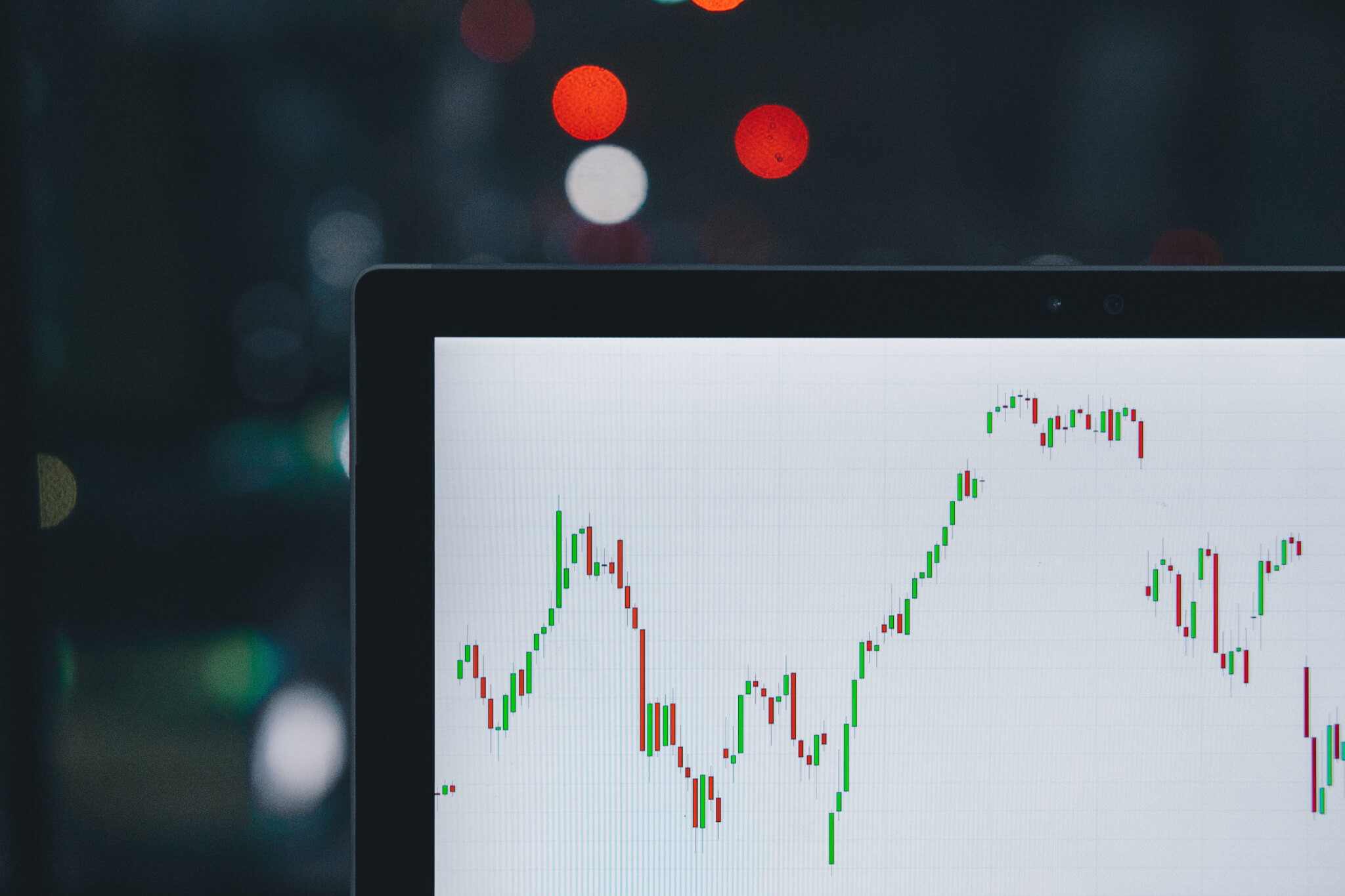- Kyiv School of Economics
- People
- Stories
- What is shadow economy and how much GDP does it “steal”?
What is shadow economy?
In statistics we quite often talk about economy, which is not observable directly (non-observed economy). This includes different types of activities, which statistical agencies cannot get official data about.
It is not a secret, that sometimes entrepreneurs do not authorize their activity, conduct some operations illegally, and do not hire their employees officially, paying envelope wages/salaries. Both business and citizens may make legally registered deals, but misspecify the true price to pay fewer taxes.
For example, an enterprise may hire an employee with a minimum wage declared, while the rest of money will be paid in “an envelope”. Another example is underground production of smoked fish. In order not to meet the legal requirements on the food safety, “fake-businessmen” make it illegally. One more example is underground casinos or drug traffic. The legislation does not allow such activity, so these businesses exist illegally only.
However, the shadow economy is not always about law infringement, but also about the small cottage industry. For example, some gardeners grow fruit and vegetables for themselves and sell the surplus at Lukianivskyi Market. They do not register their vending activity, as its volume is not significant and fulfillment of all the official requirements will make it economically irrational.
Is shadow economy bad because the government gets fewer taxes?
It is not only about taxes.
Shadow economy damages market competition also. It is clear that taxes and legal employment increase payroll and costs of businesses, so when legal and shadow businesses compete, the last may win due to lower prices.
Alternatively, the prospect of a shadow business’ development is really limited. Attraction of investment requires business transparency and the companies, using underground schemes, meet there requirements quite often.
Are individual entrepreneurs a part of shadow economy?
No, they are not. Firstly, individual entrepreneurship is allowed by law. Secondly, they report to tax authorities and there is a clear understanding of the scope of products and services they provide. One can only say about the underground activity of individual entrepreneurs when they run some part of their business illegally and do not pay taxes for it.
What to do if your salary/wage is in “an envelope”?
You can offer your employer organize legal labor relationship. Illegal employment is a risk for an employer, so he/she should be interested in resolution of this issue even more than an employee.
Sometimes this issue is solved through registration of the employee as an individual entrepreneur and provision of work/services with an official contract. But this is still not the best option, as such a contract does not grant any social security guarantees as pension, sick leave etc. to the employee.
Nevertheless, individual entrepreneurs are in a better situation than those who get “envelope wage/salary”. I guess many people have such acquaintances of theirs who get paid in “an envelope”, do not have official income and defraud the government to get subsidies, unemployment benefit or other social transfers. Individual entrepreneurs will not do this, as they get a declared salary/wage.
How to encourage people to “leave the shadow”?
It is possible to introduce tax amnesty (different actions to give taxpayers the right to pay outstanding taxes, which one did not fulfil within the respective legal time frame – Ed.). However, as a rule, it works during a short time span.
It is clear, that shadow activity entails additional costs, parallel administration, and risks. Therefore, the best way to encourage people to “leave the shadow” is to show that official work is more convenient and brings additional benefits. For example, a person, who wants to get a visa to go abroad, is interested in providing a confirmation of his/her official income. Also, it is easier to get a credit if one has official source of income.
Who fights against shadow economy?
Law enforcement system fights not the entire shadow economy, but more specific infringement cases, such as tax default, food safety incompliance, corruption or crimes.
Which activities are not included in the GDP?
Statistics does not see many operations directly, but can monitor them through other activities. For example, if a person gets an “envelope wage/salary”, State Statistics Service will not see this in the labor data. However, this person will go to a shop or market to spend the money, and here Statistics Service can track it though the retail and consumption figures.
Due to the above reason, GDP is calculated worldwide using three different methods, which allow to monitor the same activity from different sides.
Yet, some money will not be reflected in the statistics at all. For instance, it is schemes of transfer pricing. Exporters or importers may manipulate the prices for their goods and services in order to move some money to offshore territories (Ireland, Cyprus, Virgin Islands etc., – Ed.). It is done for the purpose of economizing on taxes. This money, as a rule, will not be included into our GDP.
How much GDP do we lose due the shadow economy?
I have not seen the data on the certain amount of money, but State Statistics Service has data on the share of economy, which can be monitored. In different years it was from 14 to 20%. But these are not losses – this is money, which was not reported by enterprises officially, but experts were able to estimate with their calculations.
MEDT has data, which estimates shadow economy to account for 35 to 60% of GDP. There are some estimates by scholars, but they include data on the underground share of GDP, not the information on losses. Global Financial Integrity say that from 2006 to 2015 Ukraine lost almost 25 bln USD due to the fact that businesses manipulated export and import prices.


